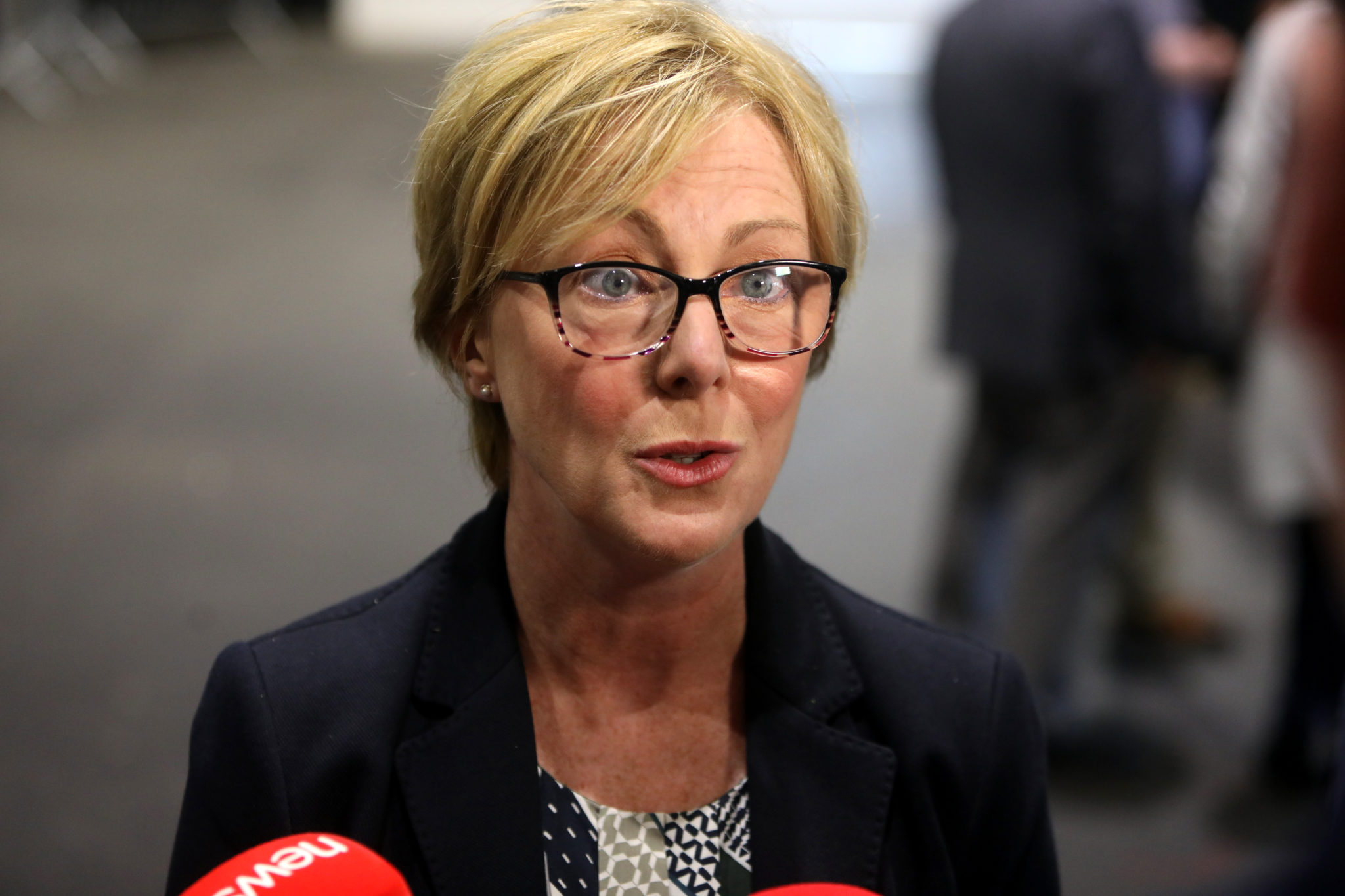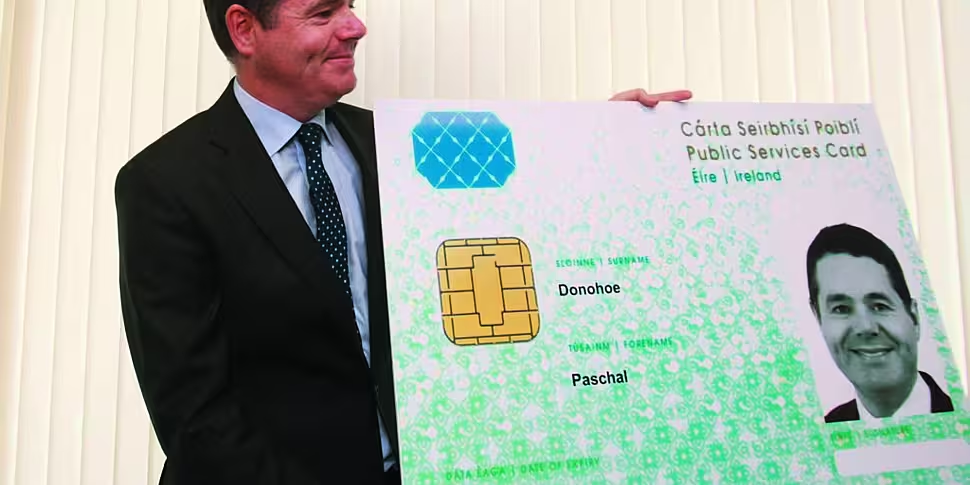The UN has warned that the Government’s use of the Public Services Card to police access to social welfare is ‘gravely prejudiced’ against the least well-off in society.
Philip Alston, the UN Special Rapporteur on extreme poverty and human rights, has written to the Government to express his concern about the PSC.
He warned that it is not clear whether there is a legal basis for forcing people to obtain the card before accessing welfare.
Public Services Card
“The most consistent justification offered for such a demanding and intrusive system is to reduce fraud and wage war on an alleged army of 'welfare cheats.’” He said.
“In fact, the PSC does relatively little to reduce identity fraud while already costing the Irish taxpayer at least €68m.
He said the system has an “unreasonable and disproportionate” impact on the human rights of poorer and more marginalised people.
“Apart from the intrusion of being photographed and having that photo run through a facial recognition tool, there is also the need to reveal sensitive personal information to obtain the card, such as whether you are adopted, which in Ireland can raise especially painful concerns,” he said.
 The Minister for Social Protection Regina Doherty speaking to the media at the European elections count at the RDS in Dublin, 26-05-2019. Image: Leah Farrell/RollingNews
The Minister for Social Protection Regina Doherty speaking to the media at the European elections count at the RDS in Dublin, 26-05-2019. Image: Leah Farrell/RollingNewsMr Alston said the Government’s assertion that the card is ‘mandatory’ but ‘not compulsory’ was a “classic example of doublespeak.”
“While this might be true for the well-off, those who rely on the government for assistance have no choice but to give up on their privacy and dignity in order to get help,” he said.
National biometric ID
He noted that "despite repeated claims to the contrary" from the Government, the card has “many of the characteristics of and can readily be turned into a de-facto national biometric ID scheme.”
He also warned that the application process for the card “can be a nightmare for the especially disadvantaged because of the bureaucratic obstacle course involved.”
He said he was not trying to “imply bad faith on the part of the government” and suggested the real problem is that the current system is the “result of endless adjustments and amendments to legislation adopted long ago.”
“Over the past 24 years or so, successive Irish governments have stumbled into a project with potentially huge implications for the citizenry with minimal deliberation by the Dáil, little consideration of alternatives, and constantly moving objectives,” he said.
“Such a far-reaching scheme needs to be approached very differently.”
"Disappointed"
In a statement, the Department of Social Protection said there are “numerous inaccuracies in the allegations” put forward by Professor Alston.
It said officials wrote to him last August and offered to meet him to discuss previous comments he made about the card.
“We are disappointed that Professor Alston did not provide the Department with the opportunity to meet to discuss these issues at that time, or since, and has now issued his letter without notice, in the final weeks of his tenure as Special Rapporteur, and without any fact checking or engagement with the Department,” it said.
Meanwhile, the Tánaiste Simon Coveney has written to Professor Alston, labelling his findings a “narrow and partial analysis of this complex issue.”
Mr Alston has been Special Rapporteur on extreme poverty and human rights for nearly six years.









